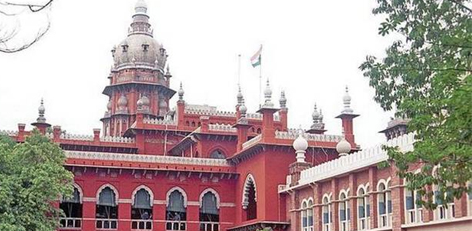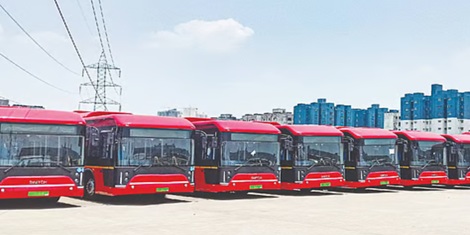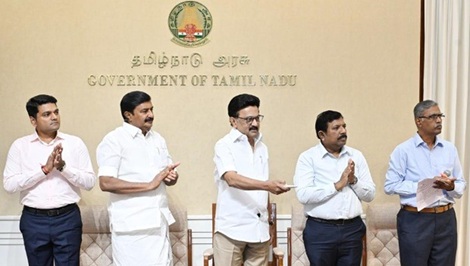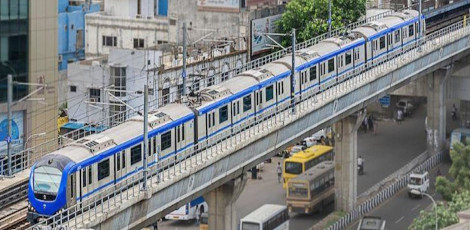Epson Global Survey - Climate Reality Barometer: India Results
Posted on: 27/Sep/2021 1:28:56 PM - No. of views : (5580)
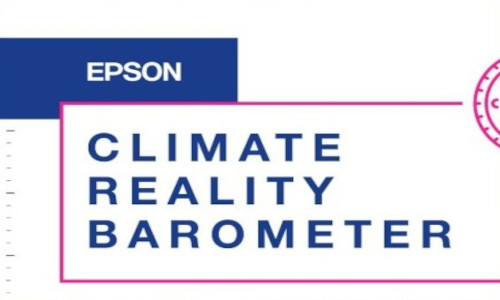
The Epson Climate Reality Barometer helps to discover global experiences and perceptions of climate change. In expanding our knowledge, we can work to raise awareness, influence business decisions and inform policy makers - to focus attention on what really matters. The following document outlines the findings in India for the Epson Climate Reality Barometer.
The reality deficit:
The gap between perception and climate reality The latest IPCC report warned that India will suffer more frequent and intense heat waves, extreme rainfall events and erratic monsoons, as well as more cyclonic activity, among other weather-related calamities, in the coming decades (source).
Despite this, almost three in four (73.4%) of people surveyed as part of the Epson Climate Reality Barometer in India, are optimistic that we will avert a climate disaster in their lifetime. For those who are optimistic, this is driven most by the opportunity to use science and technology to solve problems (31.9%), the belief that people are not more aware of climate change dangers (26.4%) and the ability to move away from fossil fuels like coal to renewable sources like wind energy (21.4%).
On the other hand, just one in 10 (11.4%) were pessimistic that we will avert a climate disaster in their lifetime. Those who are pessimistic are driven mostly by a belief that people are not aware of climate change dangers (32.6%), a lack of government action (30.4% with 17.4% believing not switching to renewable energy sources link wind energy fast enough.
Reality check: Where we are today
The top three events most associated with climate change in India were:
- Higher temperatures (81.6%)
- More extreme weather (78.5%)
- Declining water supplies (75.6%)
With the least recognised being:
- Thawing permafrost (54.1%)
- Famine (58.4%)
- Insect outbreaks (59.8%)
Reality responsibility: Who should be acting
Many, however, still believe action should come from elsewhere: a quarter (25.8%) believe governments are �most responsible for tackling the climate emergency�, and 26.9% say business is the �most responsible� for tackling climate change - with nearly one in 20 (4.1%) not believing in a climate emergency.
There is evidence, however, that the idea of personal and collective responsibility is widely held too. Encouragingly, 21% of respondents see that they are personally �most responsible�, while (21.5%) believe that we are all responsible - with action incumbent on governments, businesses and individuals alike.
Reality action: Individual steps
In India, the top three actions people report that they are already doing, include:
- Reducing plastic use (66.2%)
- Walking or cycling more often (65.1%)
- Improving recycling habits (57.7%)
Many respondents are also looking to adopt new behaviours - more than half (53.9%) say they plan to install solar panels in the future, 57.2% say they plan to switch to an electric vehicle and 47.3% say they plan to switch to renewable energy in the future.
Reality now: What`s next?
The Epson Climate Reality Barometer and its discovery of the Climate Reality Deficit shows that there is a long way to go if we are to take the fundamental actions necessary to avert irreversible climate change. Greater understanding and collective endeavour, however, will enable and empower rapid action.
Working together, Epson believes that we can all build a better future. Research Methodology: Online survey conducted 06.08.2021 to 11.08.2021 among 1,207 consumers in India.
When talking about optimistic respondents, this refers to those who select �Very optimistic� and �Somewhat optimistic�. When talking about pessimistic respondents, this refers to those who select �Very pessimistic� and �Somewhat pessimistic�.




